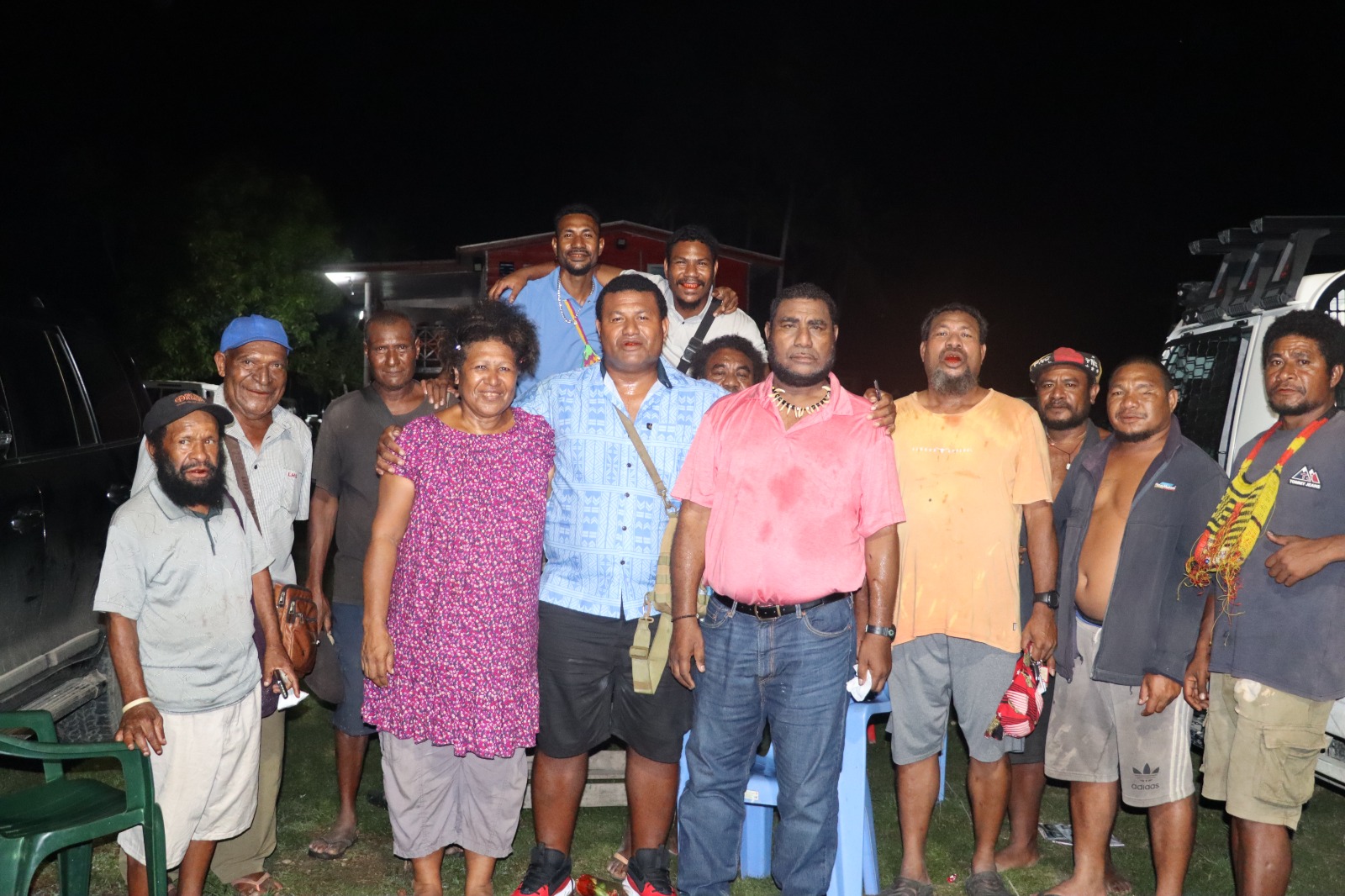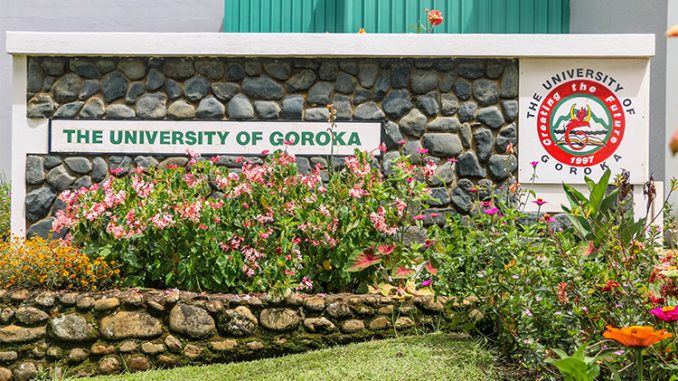In a historic move marking Papua New Guinea’s 50th anniversary of independence, Parliament has launched its first-ever inquiry into the well-being of children and youth, signaling a national commitment to stronger oversight, accountability, and investment in the next generation.
Opening the inaugural session of the Special Parliamentary Committee on Children and Youth Well-being, Committee Chair and National Capital District Governor Powes Parkop called on the nation’s leaders to act with urgency and vision.
“Now is the time for all of us to think about our children,” Governor Parkop declared. “They are the generation that will take this country to 2075 when our nation turns 100 years old.”
The two-day inquiry brought together Members of Parliament, Provincial Governors, key government departments, and development partners including UNICEF.
Discussions focused on child health and nutrition, education, child protection, water and sanitation (WASH), and provincial governance — with an emphasis on results-driven collaboration.
The session established a new framework for parliamentary accountability and cross-sectoral coordination, setting the stage for evidence-based policy reforms to improve children’s lives nationwide.
Health took center stage during the inquiry, with Acting Health Secretary Ken Wai underscoring the Department’s life-cycle responsibility — “looking after a human being from the womb to the tomb.”
While acknowledging gains in life expectancy, the Committee raised concern over low immunization coverage, with national rates at 47% and some provinces such as Madang as low as 22%.
Governor Parkop urged swift action: “We cannot continue to normalize poor child health outcomes or accept malnutrition as routine. Poor nutrition is robbing our children of their potential and our nation of its future.”
In response, the National Department of Health (NDoH) committed to key reforms, including finalizing amendments to the Provincial Health Authority Act, fast-tracking approval of the Village Health Assistant Policy by 2026, and conducting a National Nutrition Survey in 2026.
Education emerged as another critical focus area. Data presented to the Committee revealed that while more than 80% of children enter primary school, only 5–10% progress to tertiary education.
“Education is the great equalizer — but only if every child is able to stay in school, learn, and thrive,” said Governor Parkop.
The Department of Education outlined progress on the Early Childhood Education (ECE) Policy, which includes two years of pre-primary learning (K1–K2) under the national 1-6-6 reform.
However, challenges remain, including unpaid ECE teachers and insufficient provincial funding for early learning centers.
The Committee recommended that ECE teacher salaries be included in the 2026 National Budget and urged finalization of a national ECE expansion plan, addressing teacher registration, curriculum rollout, and improved WASH facilities in schools.
The Committee expressed concern about the slow implementation of the Lukautim Pikinini Act (2015) and limited capacity within the National Office of Child and Family Services (NOCFS), where only 60 of 130 approved positions are currently filled.
“Every day a child faces abuse, neglect, or violence, we fail in our duty,” Governor Parkop stated. “Protection must be at the heart of government responsibility.”
In response, NOCFS committed to expanding its workforce to 180 child protection officers by 2025, reactivating the National Child and Family Services Council by early 2026, and establishing provincial councils across the country.
The Committee further directed the Department for Community Development and Religion (DfCDR) and NOCFS to submit a reform and staffing plan by end-2025 to strengthen institutional accountability.
Water, sanitation, and hygiene (WASH) services were identified as another long-standing gap. The inquiry noted that the National WASH Authority Bill has been delayed for nearly seven years, impeding consistent service delivery despite K106 million allocated between 2019 and 2025.
The Department of National Planning and Monitoring (DNPM) announced that a 10-Year National WASH Master Plan (2026–2035) is being finalized in collaboration with UNICEF, the World Bank, and other partners.
The Committee urged DNPM to expedite the Bill’s approval and improve funding transparency to ensure that every child has access to clean water and sanitation.
Provincial leaders and civil society groups shared examples of innovation despite limited resources. Governor Noah Kool of Simbu highlighted partnerships with churches and NGOs to expand early childhood centers and maternal health outreach programs.
Representatives from Magna Carta and ChildFund called for stronger government–NGO collaboration, predictable funding, and greater community participation in accountability efforts.
UNICEF’s Regional Director for East Asia and the Pacific, Ms. June Kunugi, praised the Committee’s leadership, reaffirming UNICEF’s continued partnership to advance child rights and well-being in PNG.
The Way Forward: A National Call to Action
· Concluding the session, the Committee adopted a national action plan that includes:
· Presenting its report and recommendations to the next Parliamentary session;
· Conducting quarterly departmental and provincial progress reviews;
· Advocating for increased fiscal prioritization for children in the 2026 Budget; and
· Promoting whole-of-government coordination for integrated child and youth services.
Governor Parkop closed with a message of unity and purpose: “This Committee is not just about oversight. It’s about building a nation where every child survives, learns, and is protected. The next 50 years must belong to our children — and the time to act is now.”





